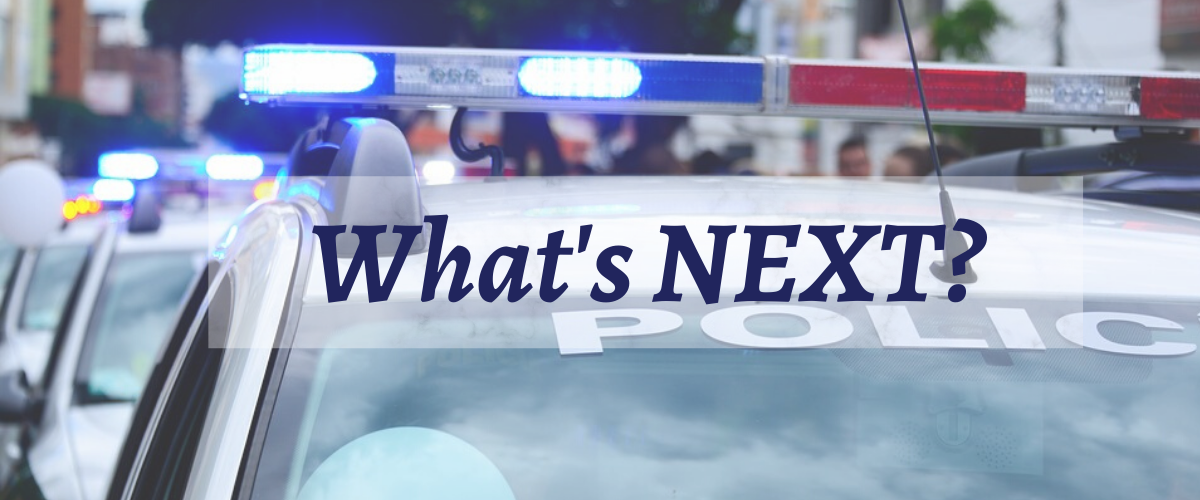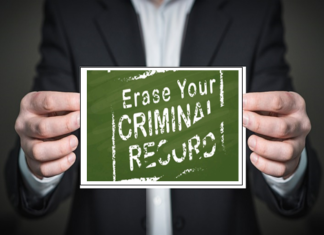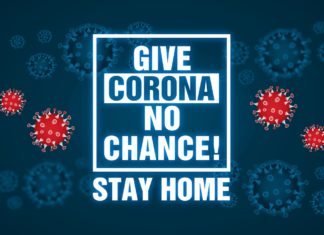I have been practicing DWI defense now for over 15 years and most of my clients have similar concerns and questions. I decided to write this article in an effort to address those most common concerns to provide those facing a DWI with some peace of mind. Here are some of the most common questions I get from my clients.
Will I have to go to jail if I am convicted?
On a 4th Degree DWI, it is uncommon for the judge to execute a jail sentence. Though I have heard of it happening, it should always be avoidable if your case is handled properly. In 15 years of practice, I have never had a client charged with 4th Degree DWI serve any time in jail.
A 2nd or 3rd Degree DWI is a different story. A 3rd Degree DWI is charged when there is one of three aggravating factors present: 1) a prior DWI conviction in the past 10 years; 2) a test result of .16 or above; and/or 3) a minor child was present in the vehicle. In some of these cases, jail time is common while in others it is not. The rule of thumb is that you are unlikely to serve jail time if this is your first offense. In most cases, jail is avoidable even with a 3rd Degree DWI charge as long as you don’t have a prior DWI. There are additional steps we have our clients take when charged with 3rd Degree DWI to maximize the likelihood of avoiding a jail sentence. Those may include obtaining a private chemical health assessment, attending educational programing, attending chemical dependency treatment, and/or attending a MADD Victim Impact Panel. Getting these things done before your case is resolved greatly increases your odds of avoiding jail.
If you have had a prior DWI conviction in the past the law does require the judge to impose a jail sentence. On a second offense in ten years, the judge must impose at least 30 days in jail. On a third offense in ten years the court must impose a jail sentence of 90 days.
There are however a few exceptions to these mandatory minimum jail sentences. The law states that if the Judge orders the offender as a condition of probation to participate in ignition interlock, the Judge is not required to impose the mandatory jail time. Alternatively, if the offender completes a form of intensive probation the judge need not impose jail. That means, in any case, the mandatory minimums may be avoided if the case is handled properly.
In a nutshell, if this is your first offense, it is unlikely you are facing a jail sentence though if your BAC test result was over .16 it is advisable to take some extra steps in advance of court to ensure you avoid jail. If you have prior DWI convictions, you are facing mandatory jail time, though an experienced DWI lawyer can often navigate around the mandatory jail.
How do I get my license back?
Your license was likely revoked 7 days after your arrest. The length of the revocation will depend on your test results and your prior driving record. If you are a first-time offender with a test result over .08 but under .16, your revocation period is 90 days. If your test result was over .16 or if you have had prior alcohol-related driving incidents, the revocation period will be between 1-6 years. You may be eligible for a work permit and all drivers are eligible to participate in Minnesota’s ignition interlock program.
Work Permits
You are eligible for a work permit if you are a first-time offender (in the last ten years) and your test result was under .16 or if you refused testing. You can apply for a work permit at the DMV after a 15-day waiting period (22 days from the date of your arrest). If you have a prior offense in the last 10 years you are not eligible for a work permit and will need to participate in the interlock program if you wish to drive.
Ignition Interlock
Minnesota’s ignition interlock program provides driver’s an opportunity, often without restriction, to drive even when their driver’s license is revoked. The driver must agree to install an ignition interlock device in their personal vehicle during the revocation period. The device is installed and maintained by a private interlock company. A list of vendors, the program guidelines and application forms can be found on the Minnesota Ignition Interlock website.
https://dps.mn.gov/divisions/dvs/programs/mn-ignition-interlock
If this is your first or second DWI offense in the past ten years, you have the option to either wait out the revocation period or to participate in the interlock program. If this is your 3rd offense or more, DPS will require you to participate in the program before you are ever eligible to drive again.
Stay of Revocation
A stay of revocation is a temporary emergency order from the court ordering DPS to temporarily reinstate your driver’s license. In almost all cases your lawyer will make this request of the court as soon as our law firm has been retained. If we request a stay of your revocation, the court will issue an order granting or denying the request within about 5 business days. It is important that you not drive until your status shows as valid in the states driver’s license system. You can monitor your driver’s license status at https://dps.mn.gov/divisions/dvs/Pages/default.aspx .
Plates
If your plates were impounded or you received a notice of plate impoundment, you will be required to apply for a provisional plate (whiskey plate) at the DMV. In all cases the plate revocation is for one year. We will likely be asking the court to stay the revocation of your plates while your case is pending.
ATVs and Boats
A new 2018 law now requires the revocation of your ATV, snowmobile privileges for one year and your boating privileges for 90 days. The recreational vehicle revocation takes place immediately upon your testing over .08. No conviction for a DWI is necessary.
What will happen in my case and how long will it take?
Depending on the goals you have set out for your case, you can anticipate your case being completed in anywhere from 1 to 6 months from the date of offense. Below is the typical workflow for the cases we handle.
Week 1. Getting Legal to Drive
The most urgent matter to most our clients is getting back on the road. In most cases we will file a petition contesting your driver’s license revocation within 24 hours of being retained. The Petition is a request for a trial on the decision to revoke your driver’s license. On that same day, we submit a motion requesting a stay (pause) of your license revocation while we are awaiting trial. The judge typically makes a ruling in 3-5 days. If the judge grants the stay, you will be able to drive without limitation while your case is pending.
Week 2-3. Setting Bail and/or Court Ordered Conditions (Your first court date)
Your first scheduled court appearance is called an arraignment. At that hearing, the court will typically set bail or alternatively will set conditions of your release pending resolution of your case. If you are charged with a Fourth Degree DWI, it is unlikely the court will set any bail or conditions.
However, if you are charged with third-degree, second degree or first degree DWI, the court will typically require that you not use alcohol while your case is pending and may require random alcohol testing. PLEASE TAKE NOTE that in any case with a test result of over .16, the court MUST order you to participate in an intensive alcohol monitoring program while your case is pending. However, this condition can be avoided in every case by posting the maximum bail of $12,000. The bail will be refunded upon the resolution of your case. Alternatively, a bonding company may post the $12,000 on your behalf. They generally charge a fee of 10% or $1,200 to post the bond.
Weeks 1-6. Collecting and Evaluating Evidence
After the arraignment, and sometimes before, we will undertake the discovery process in which we will demand certain evidence from the police department, the Bureau of Criminal Apprehension, and the prosecuting attorney. Our first evidence demands will usually go out in the first week. The requested evidence will typically arrive over the next two to six weeks at which time your lawyer will go over it with you.
Weeks 6-10. Pretrial Hearing
The second hearing in a DWI case is called a pretrial or omnibus hearing. At this hearing, your attorney may contest whether the evidence obtained by police in your case was obtained constitutionally. If the court finds that evidence was obtained in violation of your rights, the court will suppress that evidence so it can’t be used against you at trial. The court may dismiss a case at this point for lack of evidence. Depending on the case, the pretrial hearing may also be a fruitful time for plea negotiations. A majority of DWI cases are resolved at the pretrial hearing.
Weeks 12 -20. Jury trial
If you are unable to resolve your case, it will be set for a jury trial.
The police department took my vehicle. How do I get it back?
Minnesota law provides that a vehicle used in a 2nd degree or 1st Degree DWI offense is forfeitable. That means, upon probable cause that this type of offense has been committed, the arresting police department can lawfully seize and keep your vehicle. This most often will happen at the time the offender is arrested. There is no need for a conviction to justify the seizure, though a conviction may be required before the forfeiture of the vehicle can be perfected. You have the right to a hearing at which you can contest the forfeiture of the vehicle. A petition requesting a hearing must be filed within 60 days from the date of the seizure of the vehicle.
Innocent Owner
If the registered owner of the vehicle is not the offender, the owner is entitled to have the vehicle returned upon providing proof that the owner is an “innocent owner” of the vehicle. Some police departments will require an innocent owner to file a petition in court to obtain the return of the vehicle.
Stay of Forfeiture
If you are nor an innocent owner, Minnesota requires the police department to offer you what’s called a “stay of forfeiture”. In a “stay of forfeiture” the offender will enter into an agreement with the police department whereby the vehicle is returned to the offender under certain strict conditions. Those conditions include 1) ignition interlock must be installed in the vehicle, 2) the offender must successfully participates and completes the Minnesota Ignition Interlock program without any positive test results, 3) the offender will need to pay reasonable costs of towing and storage of the vehicle. In addition, the offender may be required to post a bond with the police department to insure the value of the vehicle.
If any of the conditions are not met, the vehicle’s title is automatically transferred to the police department. The “stay of forfeiture” law is relatively new, but we have had great success at getting vehicles returned to our clients using this method.












